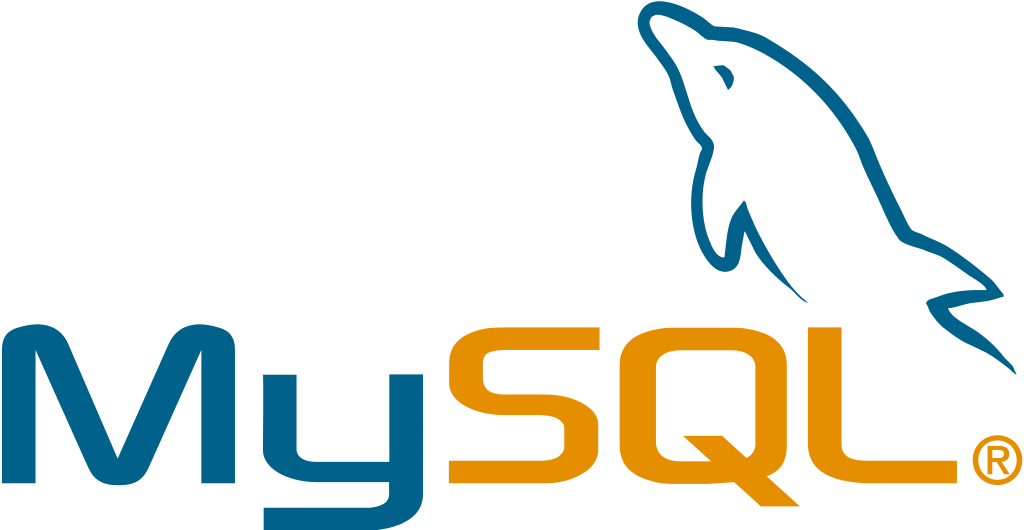Top 10 MySQL Courses in India - Page 3
Discover Courses Tailored For You
Find the best courses to enhance your skills in various domains. Our diverse selection of courses will help you achieve your professional and personal goals.
Online Courses
New Courses
Study with Top Creative Specialists
Learn directly from top creative experts on CourseTakers. Enhance your skills with their practical insights and experience.
All Top 10 MySQL Courses in India - Page 3
Are you looking for MySQL courses in India? Here are the Top 10 MySQL classes in India.
The course fee for MySQL training classes in India ranges from ₹3000 for a 2-month MySQL course, up to ₹45000 for a 6-month Certificate Course in Database (My SQL) training.
404 Results


























